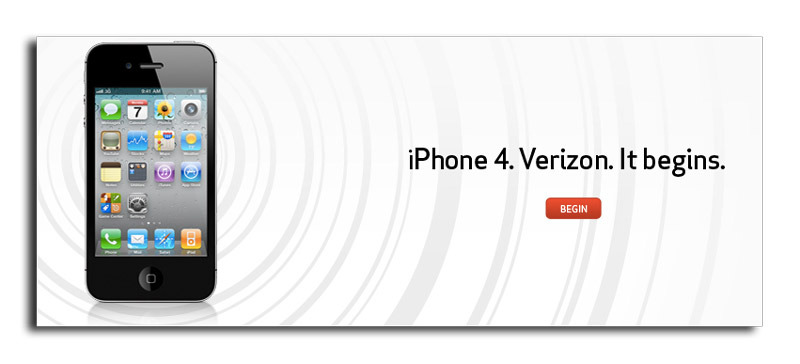Apple and Qualcomm on Thursday presented closing arguments in a patent infringement trial in San Diego, with Apple telling jurors that the complaint is less about patents than retribution for using Intel modems in iPhone.
According to in-court testimony from CNET, closing remarks from Apple counsel Juanita Brooks focused not only on the patents in play, but the impetus behind Qualcomm's legal action. Specifically, Apple said the "real motivation" behind the San Diego suit, and presumably a string of patent infringement lawsuits filed in courts around the world, is Qualcomm's perturbation of an Apple decision to include Intel as an iPhone modem supplier.
Brooks noted that Qualcomm supplied modems and patented technology to rival smartphone manufacturers during the same period in which Apple began what would become a complete transition to Intel.
"We...should also be able to date somebody else," Brooks said.
Apple's first iPhone to use a Qualcomm wireless chip debuted in 2011 when the tech giant released a version of the iPhone 4 to run on Verizon's network. The two companies forged an exclusive relationship that lasted until 2016, when Apple incorporated Intel baseband chips in select iPhone 7 models.
Intel's share of iPhone modem orders quickly increased over the ensuing two years, and Apple completely pivoted away from Qualcomm with 2018's iPhone XS and XR series. According to Apple COO Jeff Williams, who testified in a recent Federal Trade Commission action against Qualcomm, the Cupertino tech giant attempted to use Qualcomm hardware in the latest iPhones, but was rebuffed.
In its closing arguments, Qualcomm attempted to discredit the testimony of Apple witness Arjuna Siva, a former engineer who Apple claims came up with the idea for a Qualcomm patent-in-suit.
Siva, who worked with contemporaries at Qualcomm prior to the release of Verizon's iPhone 4, was originally slated to offer testimony claiming he co-invented fast boot technology that landed in Qualcomm's U.S. Patent No. 8,838,949. Before he took the stand, however, Siva retained independent counsel and declined to appear in court.
The abrupt change of heart prompted Brooks to air allegations of witness tampering, claims that were reiterated in a court filing on Wednesday.
Following a subpoena, Siva offered testimony acknowledging that the basis of the '949 patent was indeed his idea. In a blow to Apple's defense, however, Siva did not claim inventor status for the intellectual property.
Qualcomm seeks $31 million in damages for violating three patents related to power conservation and operating efficiency in portable devices like smartphones. The chipmaker is asking for a $1.40 fee per infringing iPhone model — those using Intel modems instead of Qualcomm hardware — sold between July 2017 and fall 2018.
 Mikey Campbell
Mikey Campbell







-m.jpg)






 Charles Martin
Charles Martin
 Malcolm Owen
Malcolm Owen
 William Gallagher
William Gallagher

 Christine McKee
Christine McKee
 Wesley Hilliard
Wesley Hilliard

 Andrew Orr
Andrew Orr








16 Comments
Siva is the most intriguing part of this whole mess. Originally he was slated to testify on Apple's behalf, but wanted co-inventor credit on the patent. Suddenly he hires a lawyer from the same firm that is handling Qualcomm's case, and declines to appear. He's then subpoenaed to appear, and appears to uphold Apple's contention that the patent was effectively stolen by Qualcomm, but mysteriously no longer wants co-inventor credit even though he says the patent was his idea, discussed with Qualcomm engineers.
I don't know if I buy Apple's claim of witness tampering, but it seems like *somebody* made some threats to Siva regarding his claims. On the whole, I agree with Apple's contention that this is as much about retribution as anything else. Meanwhile, the company continues to lose revenue and income -- and new players are now entering the scene, not to mention Apple taking the whole process in-house.
I don't know if Qualcomm will ultimately prevail or not, but whichever way that goes, I don't think their extortionate business model and "stunt trials" strategy is working out well for them -- the only companies that would work with them willingly at this point are those who are still under contract to do so (like Samsung) ... they're radioactive in the industry outside of that now.
Well I have to say this Intel Modem in my iPhone XS is worse than that Qualcomm modem in my iPhone 6.
Places my 6 worked just fine at, my XS doesn't. Still the same T-Mobile Network. The only thing that changed was going from a 6 to the XS. I've had times where it will work one minute and then completely DEAD. I'll even try doing speed test and there's nothing.
I'm not a fan on Qualcomm as a company, but their modems seem to be better than Intel's.